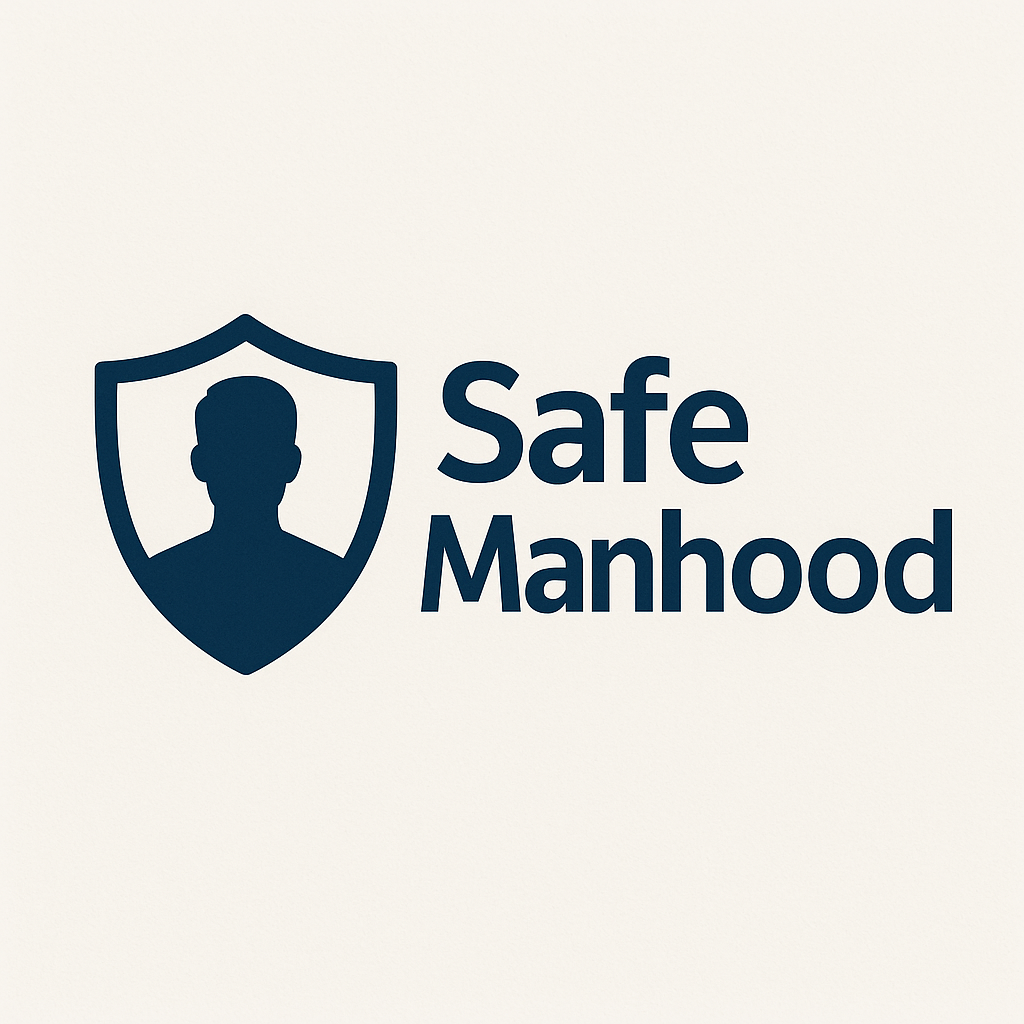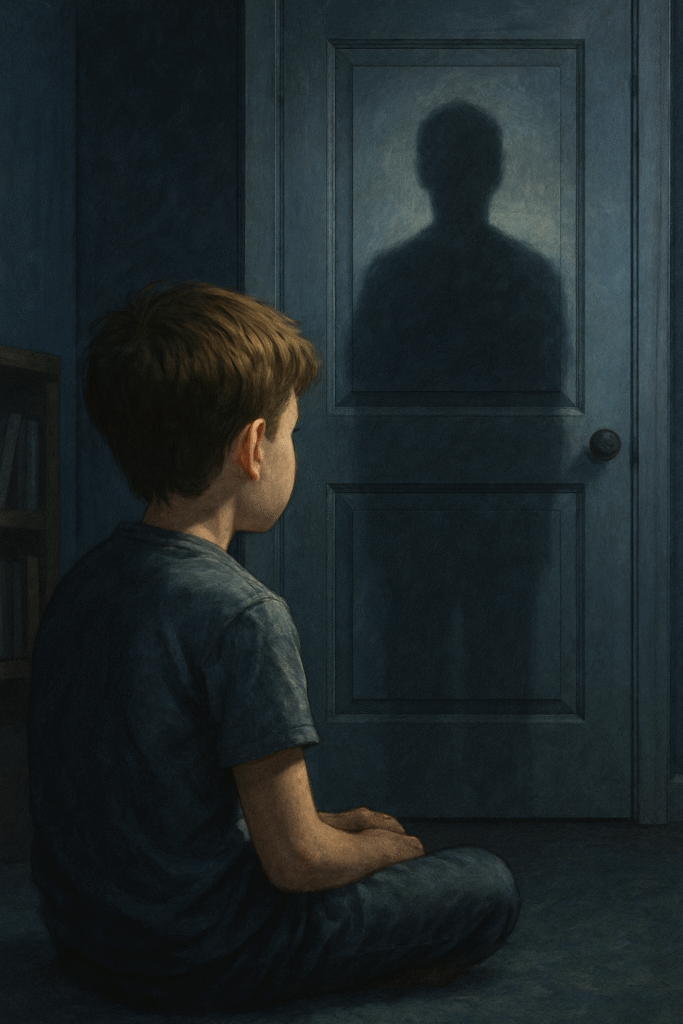Introduction
Many men walk into adulthood carrying invisible scars from their childhood—wounds left not by physical absence, but by emotional distance. An emotionally unavailable father might have been in the house, paid the bills, even attended school functions—but never asked, “How do you feel?” or offered the comfort of vulnerability. This emotional void can shape how a man sees himself, others, and the world around him.
In this article, we explore the long-term impacts of growing up with an emotionally distant father, how these wounds manifest in adult relationships, and how therapy can serve as a powerful space for healing, recognition, and transformation.
1. The Father Wound: What It Really Means
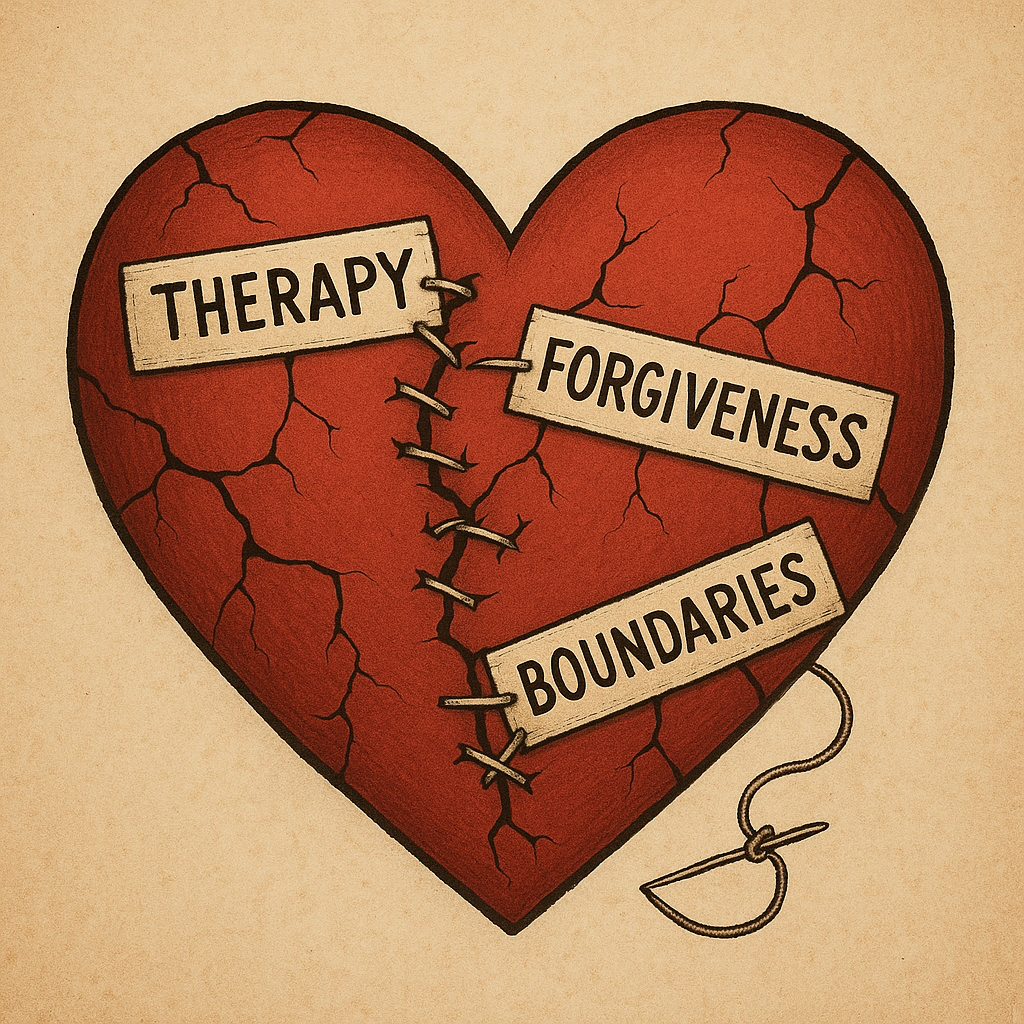
The “father wound” isn’t just about a dad who wasn’t there physically. It often refers to a father who didn’t nurture, validate, or emotionally support his children. For boys, this can be especially confusing. Traditional masculinity often equates emotional suppression with strength. So when a boy seeks comfort and gets indifference, he may internalize that emotional needs are a sign of weakness.
Types of Father Wounds:
- Emotionally Distant Father: Present but unresponsive
- Overly Critical Father: Love felt conditional on performance
- Absent Father: Left due to separation, divorce, or death
- Abusive or Angry Father: Instilled fear rather than safety
2. Symptoms of the Father Wound in Adult Men
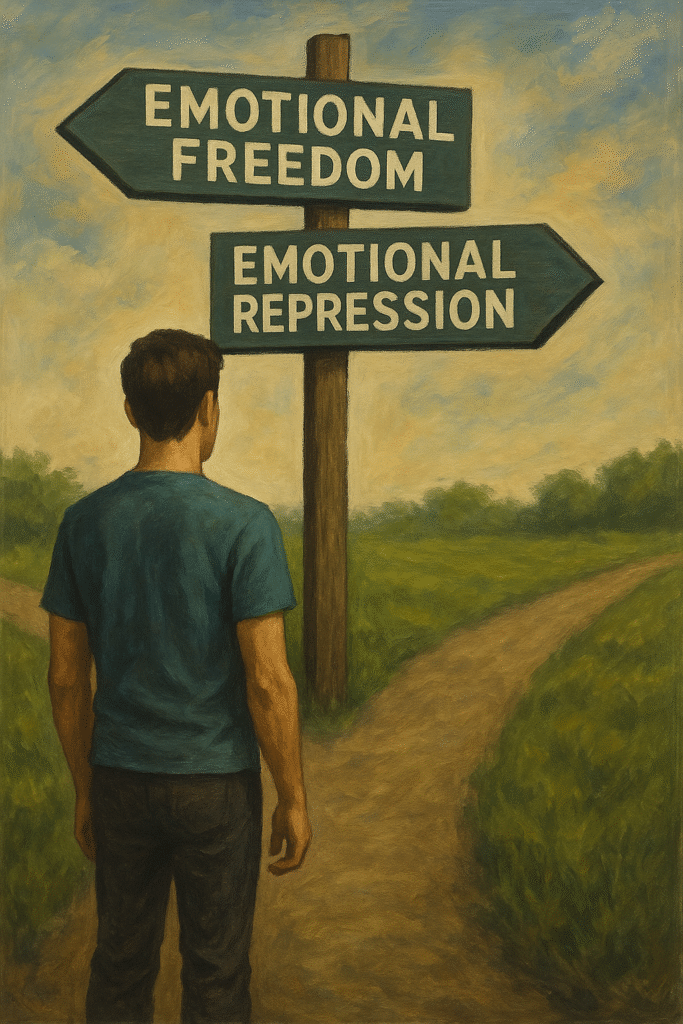
Low Self-Worth: Constantly feeling “not enough” and needing to prove oneself
Fear of Vulnerability: Equating emotions with weakness, difficulty expressing or naming feelings
Attachment Issues: Swinging between clingy and avoidant behavior in relationships
People-Pleasing: Seeking approval at the cost of one’s own needs
Anger and Resentment: Suppressed feelings can surface as rage or passive-aggressiveness
Difficulty Trusting Men: Fear of betrayal, competition, or feeling inferior
3. Repeating the Cycle in Relationships
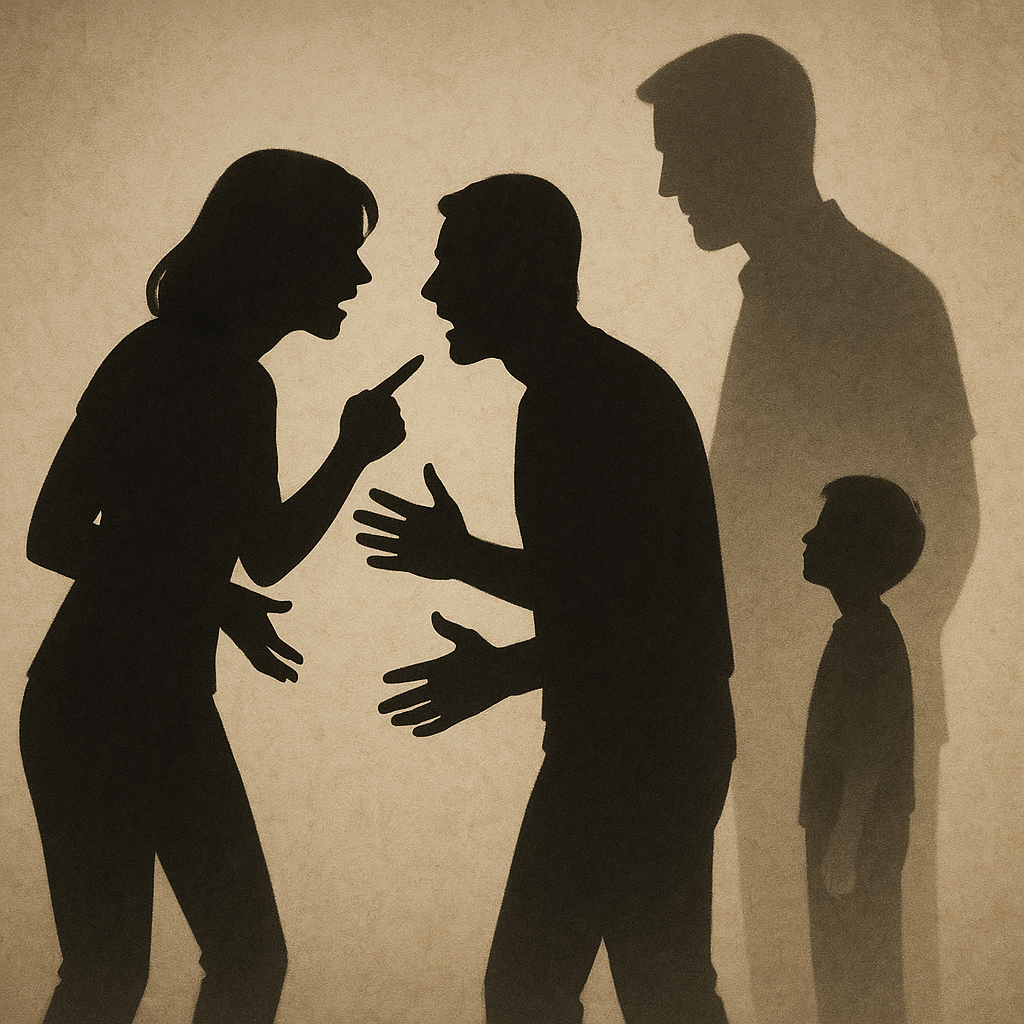
A man raised by an emotionally distant father may unconsciously replicate that pattern:
- Becoming emotionally distant in his own relationships
- Choosing partners who are emotionally unavailable
- Struggling to be emotionally present as a father
- Feeling threatened by others’ emotions, especially crying or vulnerability
Often, the subconscious logic is: “If I wasn’t worth my father’s time or affection, why would I be worthy of love now?”
These patterns are not fixed. They are coping mechanisms developed for survival. Therapy can offer men the tools to understand, reframe, and ultimately rewrite those patterns.
4. What Therapy Can Do for You
A. Creating a Safe Space
Therapy offers a non-judgmental environment where men can unpack their childhood without shame or fear. For many, it’s the first time they’re truly heard.
B. Identifying the Root
Often, men don’t realize how deeply the father wound runs. Therapy helps them draw the connection between childhood wounds and present-day struggles.
C. Naming and Validating Emotions
Therapists help clients name emotions they’ve long suppressed. Anger often hides sadness; sarcasm hides shame. Naming it is the first step toward healing it.
D. Inner Child Work
This therapeutic approach invites men to reconnect with the child inside them who needed affection, protection, and validation but didn’t get it. Healing the inner child helps break lifelong defense mechanisms.
E. Boundary Building
Men learn that setting emotional boundaries is not rejection—it’s self-preservation. This is especially crucial in relationships with still-distant fathers or emotionally draining relatives.
F. Rewriting the Masculinity Script
Therapy encourages men to define masculinity on their terms, allowing room for emotional expression, empathy, and vulnerability.
5. Healing Doesn’t Mean Blaming
[Image Placeholder: A man holding a photo of his father, half the photo burned or torn, with a soft light behind him.]
Healing does not require hating your father. It’s about understanding his limitations and choosing not to pass them on. Some fathers were themselves wounded and emotionally neglected. Therapy helps you move from blame to understanding—and from pain to growth.
Forgiveness (when appropriate) can be freeing. But even if reconciliation isn’t possible, healing still is.
6. How to Begin Your Healing Journey
1. Acknowledge the wound: Start by admitting, “Yes, my father was emotionally unavailable, and it affected me.”
2. Talk to someone: A therapist, support group, or close friend who listens without judgment can help you unravel your story.
3. Reparent yourself: Learn to give yourself the emotional support your father couldn’t. Speak kindly to yourself. Set boundaries. Celebrate small wins.
4. Educate yourself: Read books like “Attached” by Amir Levine, “No More Mr. Nice Guy” by Robert Glover, or “It Didn’t Start with You” by Mark Wolynn.
5. Let go of silence: You don’t have to carry your story in secret. Sharing it (even anonymously) helps break the shame cycle.
7. Being the Father You Never Had
[Image Placeholder: A man kneeling down to hug his son, eyes closed, with a look of peace and connection.]
If you’re now a father, you have the chance to end the cycle. You don’t have to be perfect. You just need to be emotionally available:
- Tell your children you love them
- Ask them how they feel
- Listen without judgment
- Admit when you’re wrong
This vulnerability becomes a new legacy: one that says, “You matter. Your feelings matter. I see you.”
8. Final Words: You Are Not Alone
Growing up with an emotionally distant father can leave you confused, hurt, and emotionally disconnected. But it doesn’t have to define you. Therapy is not a sign of weakness—it’s a declaration that your healing matters.
Healing from the father wound takes time, compassion, and courage. You are worthy of all three.
